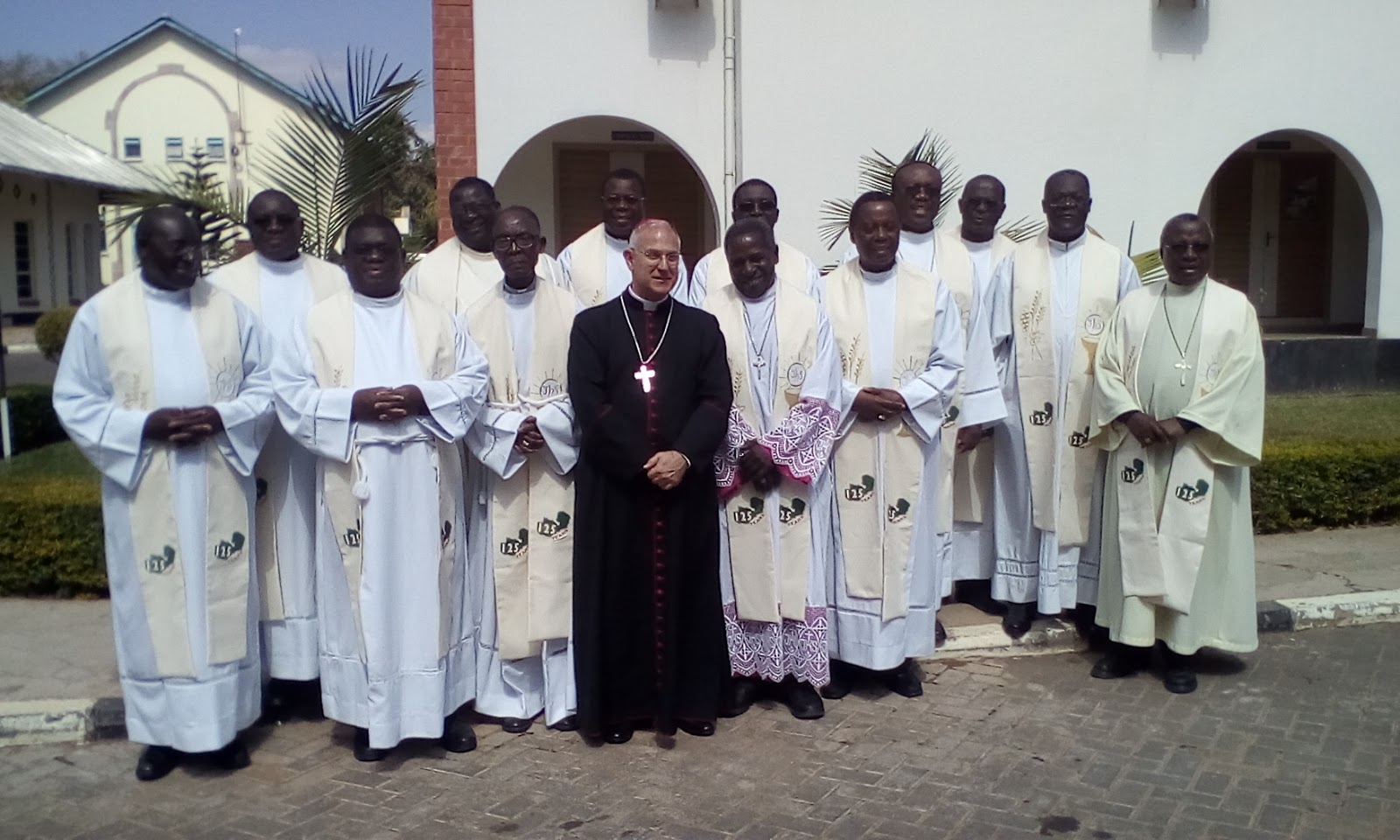Religion
According to Article 1 of the Constitution, the State is a Sovereign Secular Republic. According to Article 25, citizens are free to express their thoughts and practice any religion1
In 2010, according to Zambian census, 75.3% of Zambians were Protestant, 20.2% wereRoman Catholic. Other 2.7% are Islam, Buddhist, Hindu, and Bahá'í. Only 1.8% has no religion beliefs.2

Rise of Christian in Zambia

Zambia gained independence from the United Kingdom in 1964. After independence, there were Pentecostal and Charismatic missionaries from the United States in the 1970s, and the "Gospel of Prosperity" was welcomed by a wide audience.

The religion had growth in the 1980s and 1990s due to increased economic turmoil. After Frederick Chiluba (Pentecostal Christian) became president in 1991, the Pentecostal Church expanded greatly throughout the country. Although the initial Constitution did not specify the country's religion, the amendment in 1996 declared herself "a Christian nation while preserving the right of everyone to enjoy conscience and religious freedom".
Christian contribution to Zambia

Christianity is believed to have arrived in Zambia in the mid-19th century by European Protestant missionary and an African explorer. David Livingstone was a Scottish missionary who pioneered missionary work and brought Africa's attention to the Western world.
Livingstone led a missionary in Africa in education and health care for Africans. He also inspired the abolition of slave trade. Many African chiefs and tribes value him highly, which is one of the main reasons for their relationship with the UK.
There are various religious traditions in Zambia. Traditional religious ideas are easily integrated into the Christian faith of many of the country's churches.

Christian denominations include: Anglican Church, Branhamism, Church of Jesus Christ of Latter-day Saints, Jehovah's Witnesses, Lutheran Church, New Apostolic Church, Pentecostal Church, Presbyterian Church, Roman Catholic Church, Seventh-day Adventist Church and various gospel denominations.
Local believers are the missionaries. Among Afraica, the largest community of Jehovah's Witnesses is in Zambia, with nearly 250,000 members.3
Reference
1. De Craemer, W., Vansina, J., & Fox, R. C. (1976). Religious movements in Central Africa: a theoretical study. Comparative studies in society and history, 18(4), 458-475.
2. Central Statistical Office Zambia (2018). . Retrieved from, Central Statistical Office Zambia Web site: https://www.zamstats.gov.zm
3. Encyclopædia Britannica (2018). Zambia:Religion. Retrieved from, Ministry of General Educaiton Web site: https://www.britannica.com/place/Zambia/Religion
